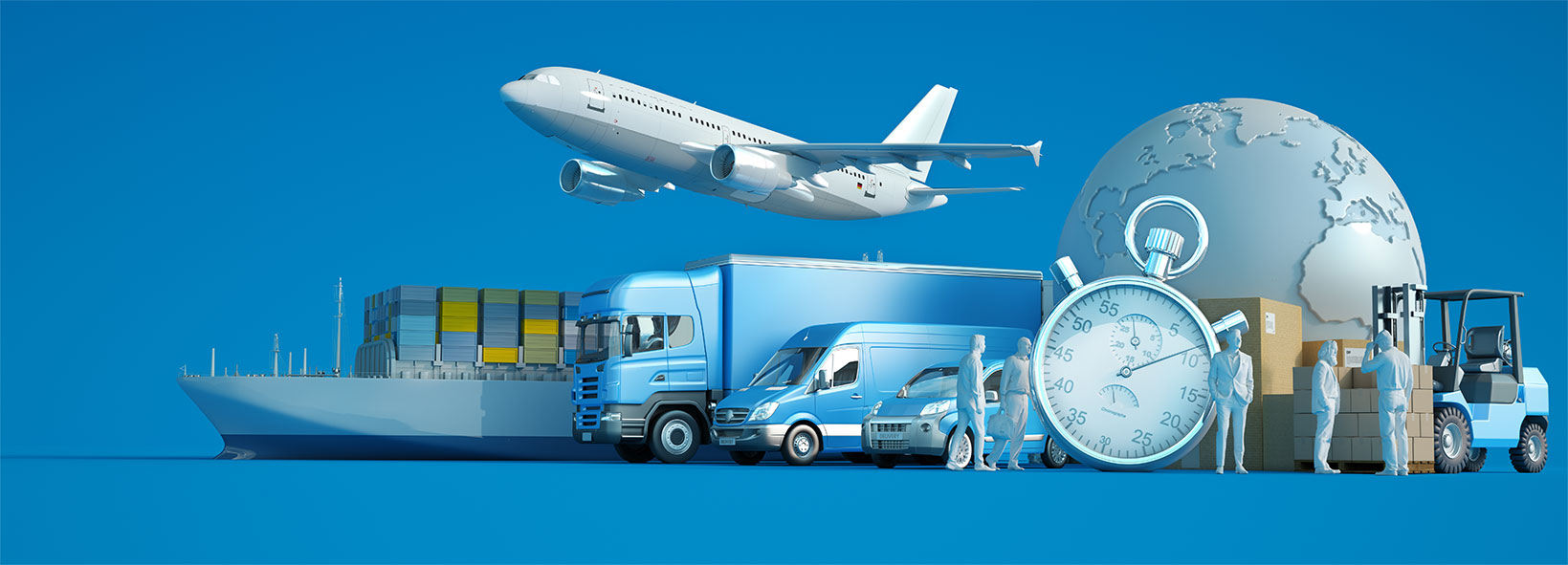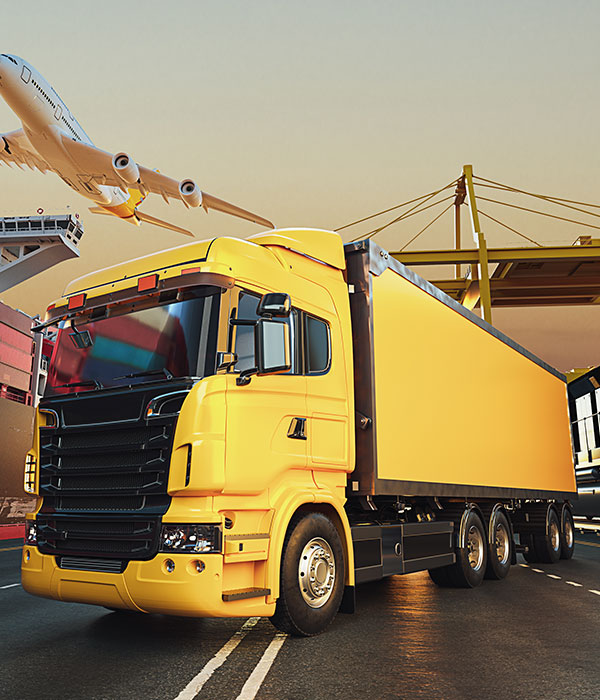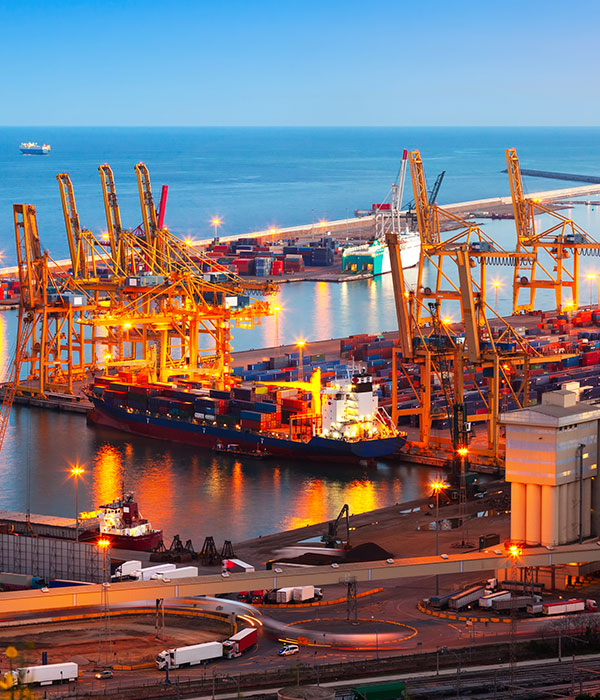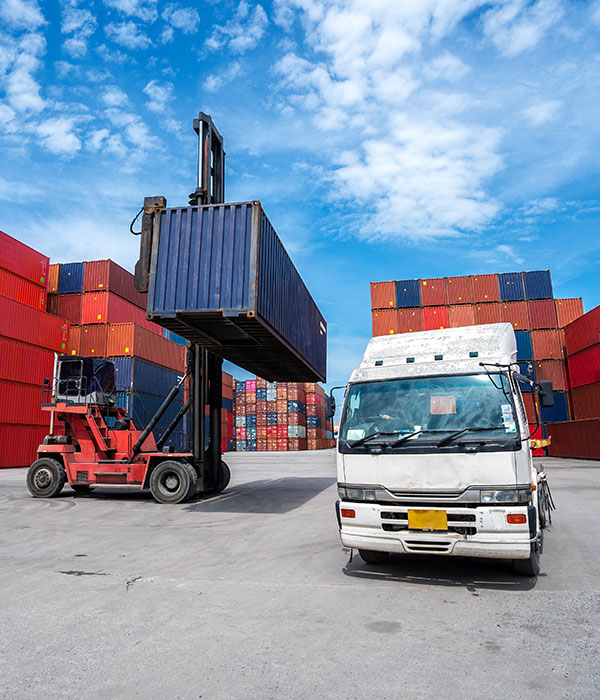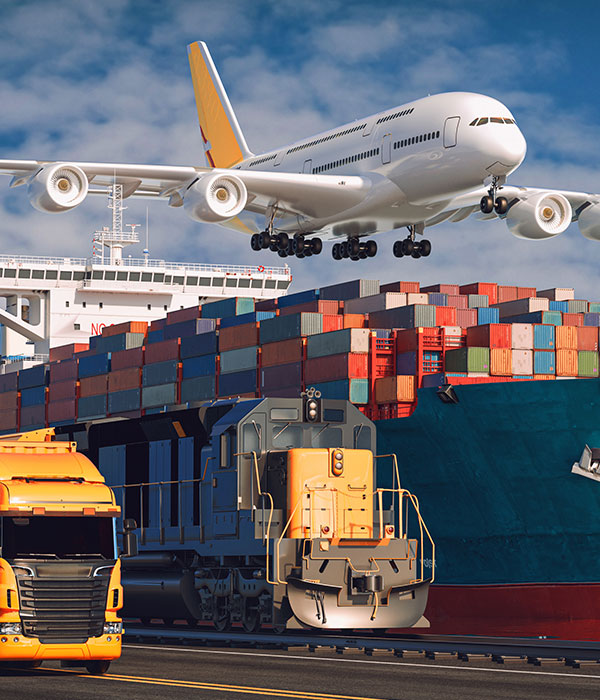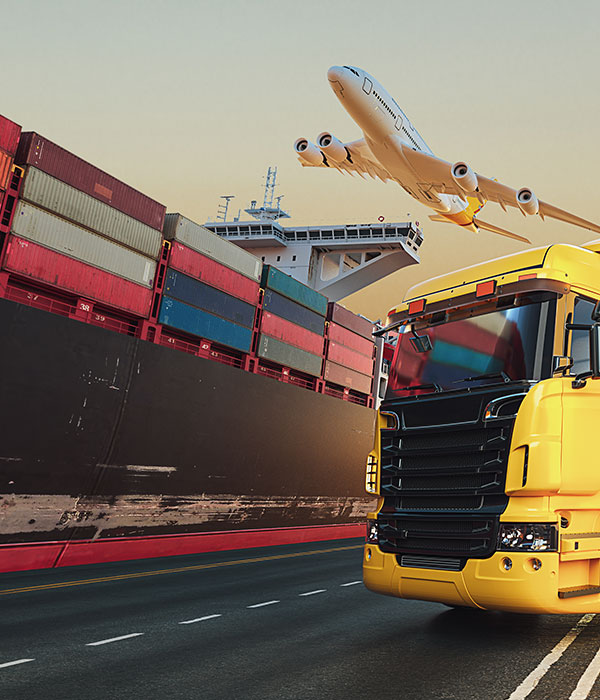With a bumper harvest and a lower water level, Brazilian ports are blocked and blocked!
Congestion on ships carrying grain cargo at Brazilian ports has surged this year due to bumper harvests and low water levels in the Amazon.
Brazil is the world's largest food exporter, accounting for 24 percent of world exports in 2022. Exports increased after the start of the soybean harvest in March and during the summer maize harvest. Congestion is usually the worst during periods of high export volumes.
Filipe Gouveia, shipping analyst at BIMCO, said:"Average waiting times reached 15 days between January and November, up from an average of nine days between 2018 and 2022 and well above the global average of five days for grain loading in 2023.
According to the Brazilian Association of Food Exporters, congestion has been particularly severe this year because of a bumper harvest. Insufficient available stocks during the harvest month have forced farmers to rapidly increase exports, overloading ports. Low water levels in the Amazon have disrupted shipping in the north since September, leading to increased congestion. Congestion is likely to remain a problem for years to come as Brazil's food exports are expected to remain strong.
The severe congestion in Brazil also reveals another problem of shipping industry-carbon emissions.Gouveia said,"Although the situation in Brazil is extreme, it highlights a global problem. Ships sailing at normal speed and emitting unnecessary carbon, but only waiting in congestion, is a waste in itself. Ports must cooperate with other parties in the supply chain to continue to implement new queuing solutions to help decarbonize the shipping industry."
粮食丰收偏逢水位下降,巴西港口堵上加堵!
由于大丰收和亚马逊河的低水位,今年巴西港口装载谷物货物的船只拥堵激增。
巴西是世界上最大的粮食出口国,2022年占世界出口的24%。出口在3月份大豆收获开始后和夏季玉米收获期间增加。在出口量高的时期,拥堵通常是最严重的。
BIMCO航运分析师Filipe Gouveia表示:“1月至11月期间,平均等待时间达到15天,高于2018年至2022年的平均9天,远高于2023年谷物装载的全球平均5天。
据巴西粮食出口商协会(ANEC)称,由于粮食大丰收,今年的拥堵情况尤其严重。在收获月份,可用的库存不足,迫使农民迅速增加出口,使港口超载。自9月份以来,亚马逊河的低水位扰乱了北部的航运,导致拥堵加剧。未来几年,由于巴西的粮食出口预计将保持强劲,拥堵可能仍是一个问题。
巴西的严重拥堵还显现出了航运业的另一个问题——碳排放。Gouveia表示,“尽管巴西的情况很极端,但它凸显了一个全球普遍存在的问题。船只以正常速度航行,排放不必要的碳,却只能在拥堵中等待,这种做法本身就是一种浪费。港口必须与供应链中的其他各方合作,继续实施新的排队解决方案,以帮助航运业脱碳。“



